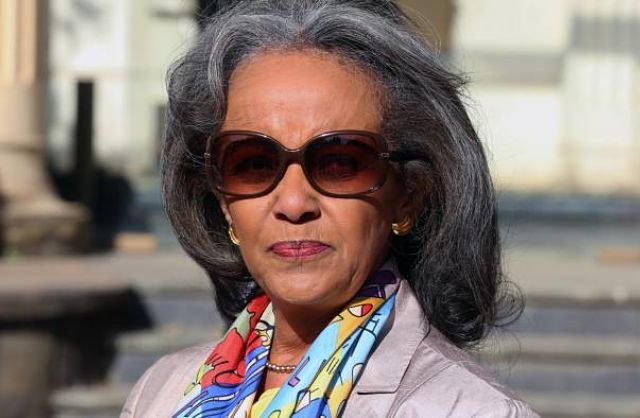 Ethiopian president Sahle-Work Zewde: for young women particularly, seeing other women in leadership positions and non-stereotypical professions helps to expand their horizons © Getty
Ethiopian president Sahle-Work Zewde: for young women particularly, seeing other women in leadership positions and non-stereotypical professions helps to expand their horizons © Getty
By Sahle-Work Zewde
Africa’s women are rising to challenge gender discrimination
Change is sweeping Africa. Systemic barriers to gender equity are falling and a growing number of women leaders are reshaping the continent.
Across the continent, women are increasingly challenging traditional norms by claiming positions of power and influence in our public arenas. Rwanda, Seychelles and my own country of Ethiopia now have cabinets split evenly along gender lines, with some of the most powerful posts occupied by women.
A new generation of African leaders is investing in social and human capital, universal health coverage, education and gender equality. This is a story that’s particularly important to tell as we approach International Women’s Day.
Globally the proportion of seats held in parliament by women has slowly risen from just 12 per cent in 1997 to 24 per cent in 2018. Amid this, a handful of African countries stand out. In Rwanda, over 60 per cent of members of parliament are women, and in Namibia, South Africa, Senegal and Mozambique, at least 40 per cent of parliamentarians are women.
This represents a dramatic shift in representation, inclusion and democratisation of opportunity. For young women particularly, seeing other women in leadership positions and non-stereotypical professions helps to expand their horizons. For institutions and governments, tapping the full potential of their talent pools brings diversity of perspectives and experience when hard decisions must be made.
But to enable more women to serve as leaders, we need to redistribute power and ensure equal pay at work. The International Labour Organization estimates that the gender pay gap is higher in sub-Saharan Africa than any other region in the world.
Gender equality and respect for women’s rights starts at home, where power and wealth are still in the hands of men. Yet women tend to spend more out of household budgets on providing for their families than men do. A report launched today, at the United Nations Economic Commission for Africa, reveals that gender equality in the workplace is still a far cry. The Global Health 50/50 report: Equality Works, which looks at the policies and practices of nearly 200 organisations active in global health, shows that seven out of 10 of such organisations are headed by men.
—
Join the conversation on Twitter and Facebook.

























